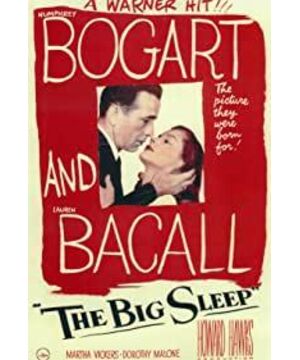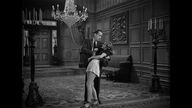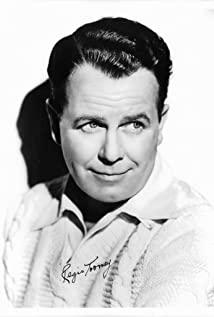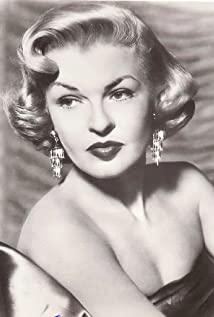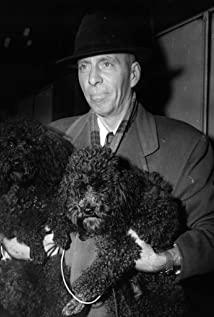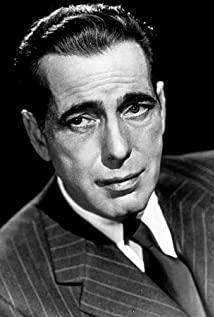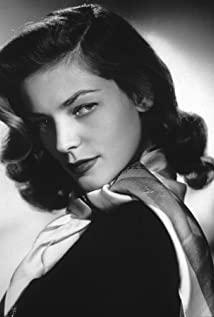Towards William Faulkner.
Although Howard Hawkes was a hit director in Hollywood at the time, he was not a purely commercial director, and he was not making purely commercial films, so "Long Dreams" was born.
Its narrative logic is very inconsistent with the American audience's psychological expectation that all stories should be clearly revealed at the end (refer to some of Billy Wilder's films), but it requires the audience to keep an eye on the screen every minute and every second. Listen carefully to each line, and it's best to draw a personal relationship diagram next to it while watching it, because it may be a hint of the truth behind when a person walks through the room inside (so the director probably thinks everyone is a detective...? ), and when you recognize the names and faces of the people, and then watch the movie, you will find that although there are many murderers and many deaths, the story line is still clear (but not all cases are revealed in the ending The ultimate boss, but gradually reveal the individual murderers in each part of the case).
Compared with logic, the part of love (sultry sister) is very delicate and interesting. Even in the bookstore, it is very interesting to have a conversation with the clerk and sister of the bookstore next door, and Bin Xu's compulsive style is very high (unfortunately, the subsequent dialogue shows that the protagonist does not read much).
In the line, I really liked the conversation with the general at the beginning, talking about orchids like people, and the general said that he was so old that he even wanted to get pleasure from tobacco and alcohol and he had to rely on other people's help. There is also the classic dialogue between Marlowe and Vivienne talking about horse racing. Both of them use horses as a metaphor for themselves (both are not to be outdone at the beginning), and both use horse racing as a metaphor for love.
View more about The Big Sleep reviews


